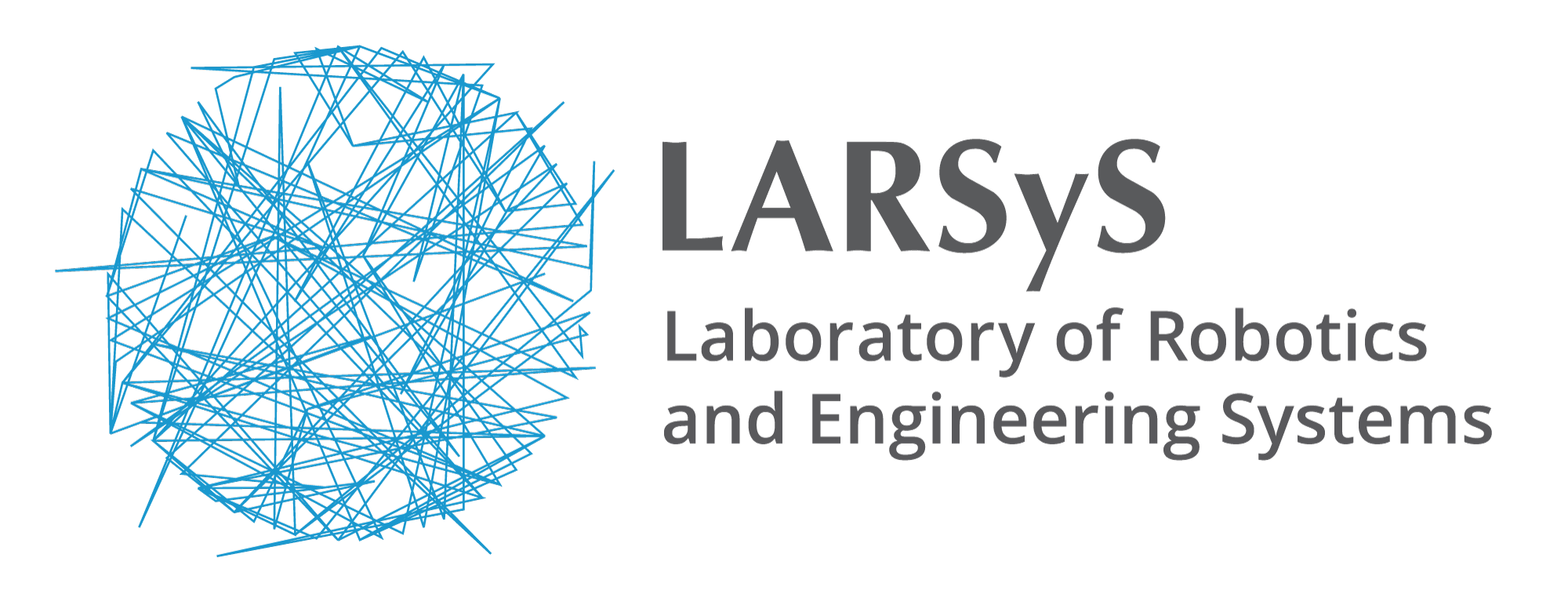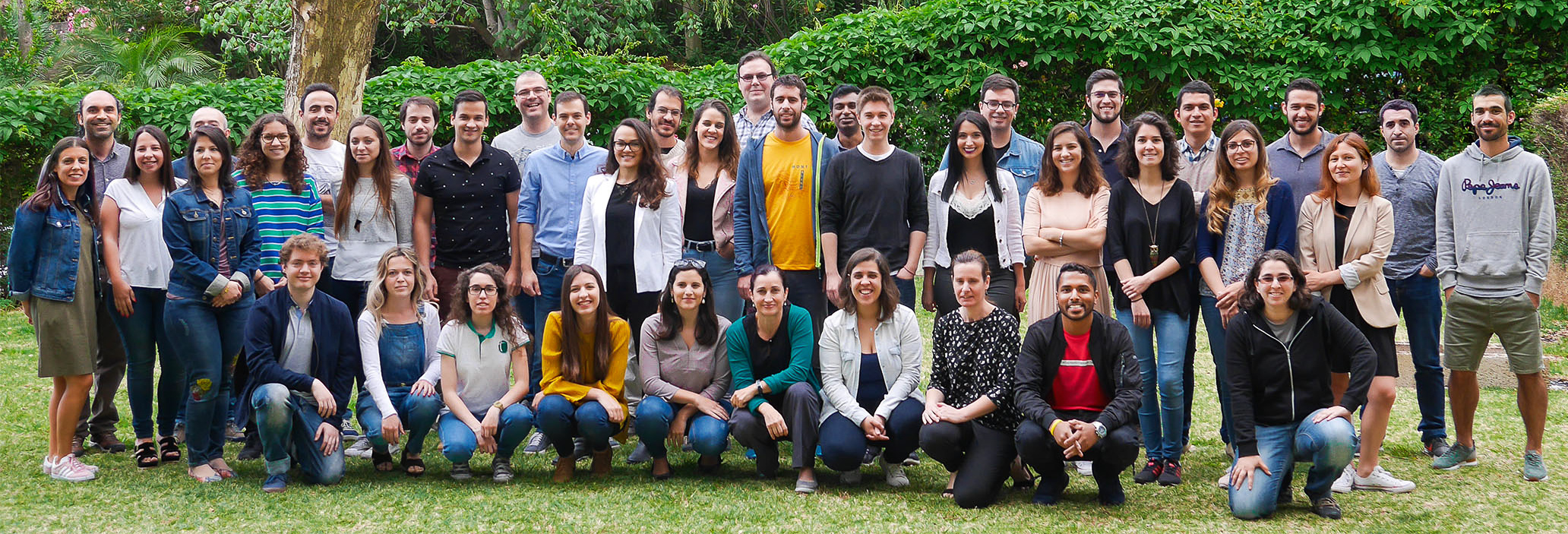About ITI
At ITI, we explore the entanglements between people and digital technologies. Our focus is on thoughtfully designing innovative interactive systems and services that harmonize the relationships among humans, the environment, and technology, fostering a sustainable, inclusive, and aesthetically appealing future for all.
Our Mission
As an interdisciplinary institute, we welcome researchers from engineering, design, social sciences, arts, and humanities who are interested in creating bridges through digital technologies. Our goal is to promote digital technology as a means of creating scale in a sustainable, inclusive, and aesthetically pleasing manner for this century. Our approach is grounded in the following principles:
- Understand how digital technologies affect people and the environment by analyzing the social and ethical impacts they have on our lives.
- Work together to create new tools and design methods that use interactive technologies to build a sustainable future that includes everyone. This means making sure everyone can use and afford these tools.
- Encourage the development of new ideas and technologies by taking risks and experimenting with new ways of designing sustainable and accessible digital technologies.
More information here.

